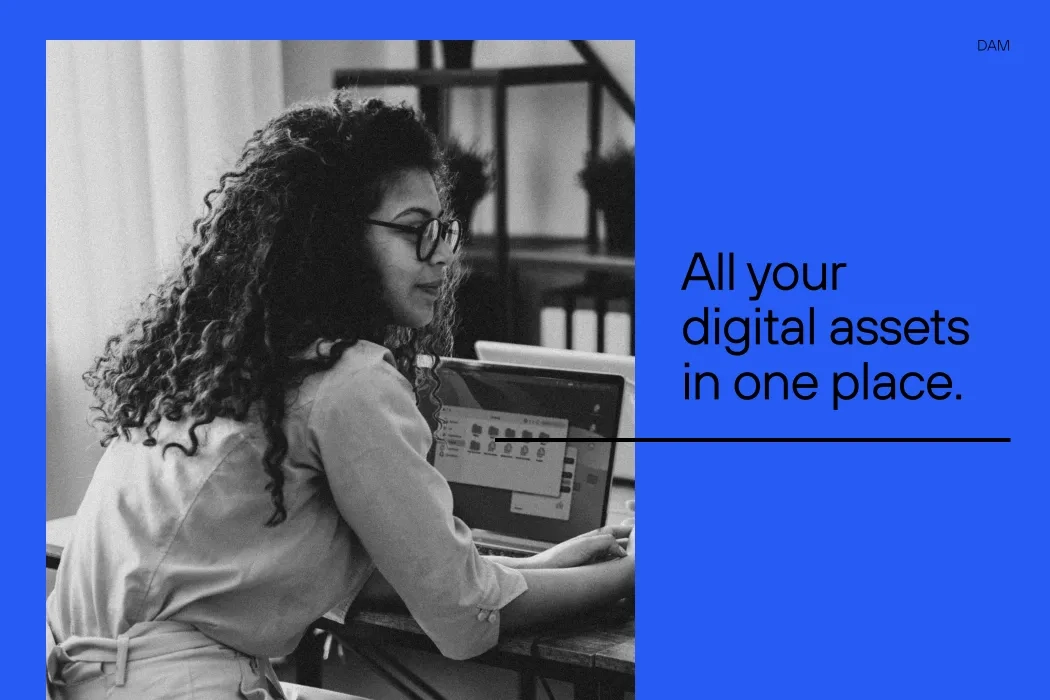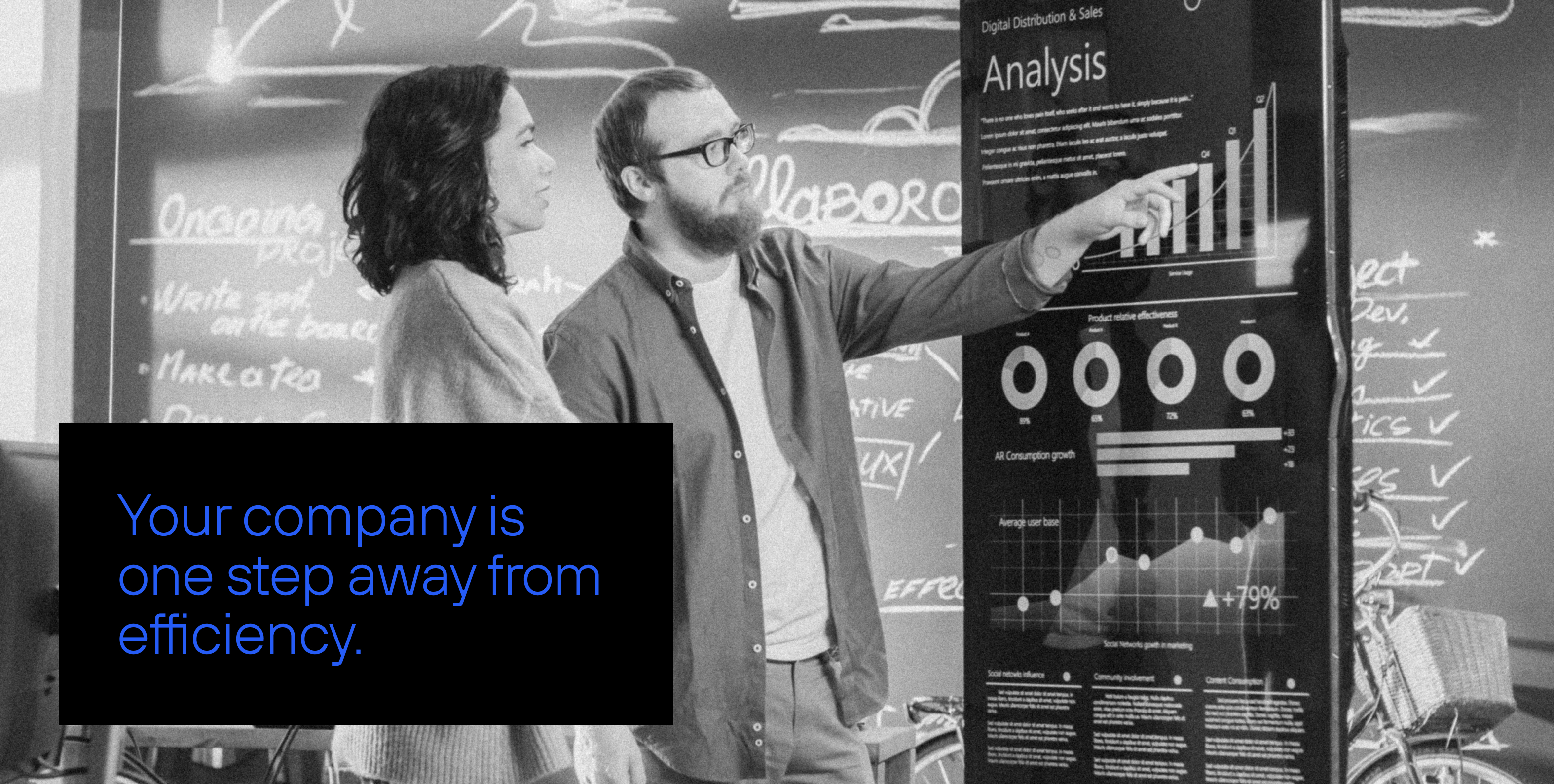
The volume of digital content is growing at an unprecedented pace, and the demand for speed is constant. Marketing teams create text, images, and videos every day, managing hundreds or even thousands of files. With Digital Asset Management, all of this becomes much easier.
The way your brand organizes and distributes its digital assets can be the deciding factor between success and chaos. Are your teams wasting hours daily searching for files, duplicating materials, and risking brand inconsistencies? An efficient Digital Asset Management (DAM) system is increasingly strategic for companies aiming to scale with consistency, intelligence, and productivity.
In this article, you’ll learn what Digital Asset Management is, how it works, its benefits and challenges, and discover some of the best tools available today, including the powerful DAM + Drupal integration that Dexa delivers with excellence.
What is Digital Asset Management (DAM)?
Digital Asset Management (DAM) is a structured system for storing, organizing, sharing, and controlling the use of all digital files within an organization: images, videos, logos, presentations, audio files, campaign materials, design files, brand documents, and more.
More than just a “file repository,” DAM is a strategic platform that centralizes governance over content, enabling fast access, security, version control, and consistency. With DAM, marketing teams turn disconnected content libraries into smart digital ecosystems, ready to be used productively and collaboratively.
Digital Asset Management is the right choice to eliminate bottlenecks, speed up campaign creation, and ensure everyone in the company uses the correct files, quickly and securely. It solves problems like:
- Wasting time searching for files across folders, emails, or disconnected drives.
- Using incorrect or outdated marketing materials.
- Inconsistent branding across different channels.
- Difficulty sharing large files with partners or agencies.
In practice:
Imagine your company is launching a new nationwide campaign. The designer finalizes the official banner with the updated logo, approved text, and brand-compliant colors.
Without a DAM system, the banner is sent via email, saved in various folders, and shared in messages. When it’s time to publish, each team accesses a different version, and some end up using outdated or incorrect files with an old logo or missing text.
With a DAM, this doesn’t happen. The correct and final version of the banner is stored in one place accessible to all teams. Everyone uses the same file, ensuring security, consistency, and no rework.
Read also: DAM and Drupal to enhance digital asset management
How does this solution work?
Digital asset management functions like an invisible but essential engine, powering campaign performance, streamlining internal processes, and increasing your company's ability to respond to market demands in real time.
It’s more than just a tool for organizing files; it’s a structure that enables fast decision-making, removes operational obstacles, and transforms how teams create, share, and leverage every stage of an asset’s lifecycle.
The table below outlines the key features of DAM solutions, showing how each one works in practice and what strategic advantages they bring.
| Feature | What does it mean in practice | Strategic benefits |
|---|---|---|
| Auto upload & ingestion | Fast import with metadata reading and classification | Increased agility and automated organization |
| Tagging and taxonomy | Custom classification and search filters | Fast searches and precise access to any asset |
| Permission control | Set user-specific access and editing levels | Secure and workflow-adapted access control |
| Automatic versioning | Keeps track of past versions with no risk of error | Prevents rework and misuse of files |
| Approval workflows | Real-time collaboration and content approvals | Better coordination and faster campaign launches |
| Reporting and tracking | Data on asset usage, access, and performance | Insights to optimize content and strategies |
| Integrations | Connects with CRM, CMS, automation, and design tools | Unified environment and more efficient workflows |
Top Digital Asset Management Tools
Choosing the right platform for your business needs can be tricky. It’s essential to understand what differentiates the options available. Below is an overview of the most relevant DAM solutions on the market, each with its strengths and ideal use cases:
- Acquia DAM – Natively integrates with Drupal, perfect for companies using complex CMSs that require scalability and customization.
- Adobe Experience Manager Assets – Ideal for large companies using Adobe Creative Cloud with automated creative workflows.
- Bynder – Intuitive interface and real-time collaboration for marketing teams managing multiple campaigns.
- Brandfolder – AI-powered classification and advanced reporting, great for companies with high visual content volumes.
- MediaValet – Cloud-based and built on Microsoft Azure, tailored for global teams.
- Canto – Simple and efficient, ideal for small and mid-sized businesses needing fast asset organization.
- Aprimo – Automates content delivery and supports omnichannel campaign planning.
- Cloudinary Assets – Focused on digital performance, it optimizes image and video delivery automatically.
- Pimcore DAM – Open-source platform with strong integration across DAM, PIM, and CMS for customizable solutions.
- Wedia DAM – Designed for multichannel marketing, helps adapt content to various formats and platforms.
I want to organize my Digital Assets

Asset Management for Scalable Growth
When content is at the heart of your operations, how you manage digital assets can turn challenges into real growth opportunities.
Adopting an organized and strategic management approach boosts agility and efficiency, ensuring each resource is available at the right time to make the greatest impact. Here’s what DAM enables:
- Increased productivity: teams spend less time searching and more time on strategic tasks.
- Faster time-to-market: centralized workflows allow faster campaign and project launches.
- Guaranteed quality and compliance: with strict controls, your brand stays consistent and legally protected.
Digital Asset Management is no longer just an operational necessity; it’s a competitive advantage that drives efficiency, innovation, and sustainable growth.
Learn more: CMS: What it is, how it works, and how to choose the right one for your business
Highlight: Digital Asset Management with Drupal + Dexa
Among the available options, the Drupal + Acquia DAM ecosystem stands out as one of the most robust and scalable solutions, especially for companies that already use or plan to adopt Drupal.
This integration allows digital assets to be natively connected to your website, portals, or internal platforms, eliminating manual upload and update steps. You can search for images, videos, or documents directly within Drupal, leveraging all the DAM features, including metadata, versioning, and access control.
Dexa specializes in Drupal solutions and offers full support for technical integration, customized digital asset workflows, and training for all teams involved. This ensures effective management and sustainable adoption of the platform.
If your team is looking for efficiency, integration, and scalability, this is a powerful combination to revolutionize how your company handles digital assets.
